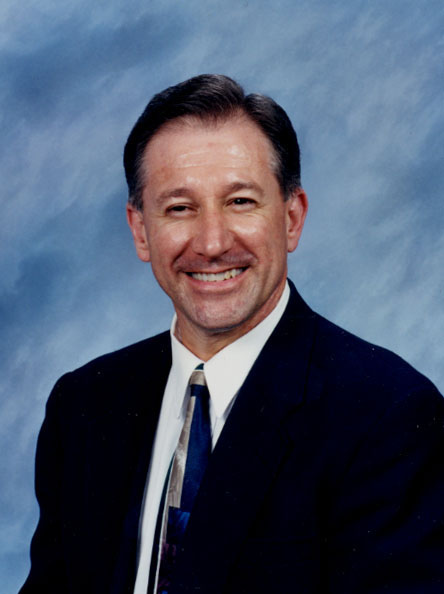
McMINNVILLE, Ore. (BP)–There is an increasing interest among municipal governments throughout the United States in the use of surveillance technology as a crime-fighting tool. Is the acceptance of hidden — and sometimes not so hidden — cameras a security solution, or is it just another symptom of a society that has lost its moral compass?
“We have no government armed with power capable of contending with human passions unbridled by morality and religion … . Our Constitution was made only for a moral and religious people. It is wholly inadequate to the government of any other,” so said John Adams, America’s second president.
Charles Carroll, a signer of the Declaration of Independence said, “Without morals a republic cannot subsist any length of time.” Benjamin Franklin stated, “Only a virtuous people are capable of freedom.”
Those who launched this great experiment we know as democracy understood well the key to success was self-governance. The freedom Americans have enjoyed for more than two centuries is fragile and can only be maintained by a societal agreement of what is morally right and wrong.
While the founders of the United States were not all Christians, they shared a consensus that the Bible was the wellspring that should nourish the individual conscience. “A free government can only be happy when the public principles and opinions are properly directed by religion and education. It should therefore be among the first objects of those who wish well to the national prosperity to encourage and support the principles of religion and morality”, said Abraham Baldwin, a delegate to the Constitutional Convention.
The framers of American society knew well there would never be a way to insure absolute compliance with all laws at all times. Thus they understood that for democracy to be successful, people would have to police themselves. Morality would have to be understood and also embraced.
A populace unwilling or unable to bridle its behavior and comply with legal as well as social morality is devastating to democracy. “As nations become corrupt and vicious, they have more need of masters,” said Benjamin Franklin.
When everyone does what is right in his own eyes, the result is chaos. No society can survive anarchy for long. Some form of totalitarian system will develop and force people to comply with whatever “morality” leaders deem are most beneficial to the state.
Samuel Adams, who signed the Declaration of Independence, said, “While the people are virtuous, they cannot be subdued; but when once they lose their virtue, they will be ready to surrender their liberties to the first external or internal invader.” There is no doubt virtue in America is waning. Since people are not policing themselves, society seems to think it is a good idea for government to do it for them. The result: We are willing to allow an electronic invasion of surveillance into most every aspect of our lives.
Initially, electronic monitoring was introduced to insure national security. It moved into the private sector in an effort to protect assets. Now governments are touting it as a tool in law enforcement. Cities are now using electronic surveillance to monitor high crime areas as well traffic intersections. God only knows where this technology will show up next.
More telling than municipal government’s desire to police people with constant surveillance is society’s lack of reaction. Rather than searching for the missing compass of morality, we are apathetically welcoming the electronic intrusion into our lives and the resulting fading of privacy. That, in and of itself, is symptomatic of a society in trouble.
–30–
Boggs’ column appears each Friday in Baptist Press. He is pastor of Valley Baptist Church, McMinnville, Ore.

















